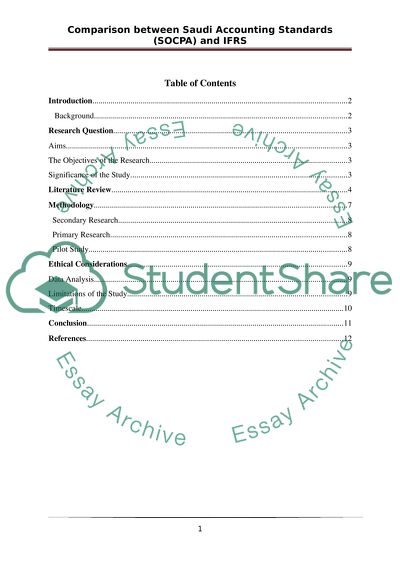Cite this document
(“Comparison between Saudi Accounting Standards (SOCPA) and IFRS Dissertation”, n.d.)
Retrieved de https://studentshare.org/finance-accounting/1406502-comparison-between-saudi-accounting-standards-socpa-and-ifrs
Retrieved de https://studentshare.org/finance-accounting/1406502-comparison-between-saudi-accounting-standards-socpa-and-ifrs
(Comparison Between Saudi Accounting Standards (SOCPA) and IFRS Dissertation)
https://studentshare.org/finance-accounting/1406502-comparison-between-saudi-accounting-standards-socpa-and-ifrs.
https://studentshare.org/finance-accounting/1406502-comparison-between-saudi-accounting-standards-socpa-and-ifrs.
“Comparison Between Saudi Accounting Standards (SOCPA) and IFRS Dissertation”, n.d. https://studentshare.org/finance-accounting/1406502-comparison-between-saudi-accounting-standards-socpa-and-ifrs.


